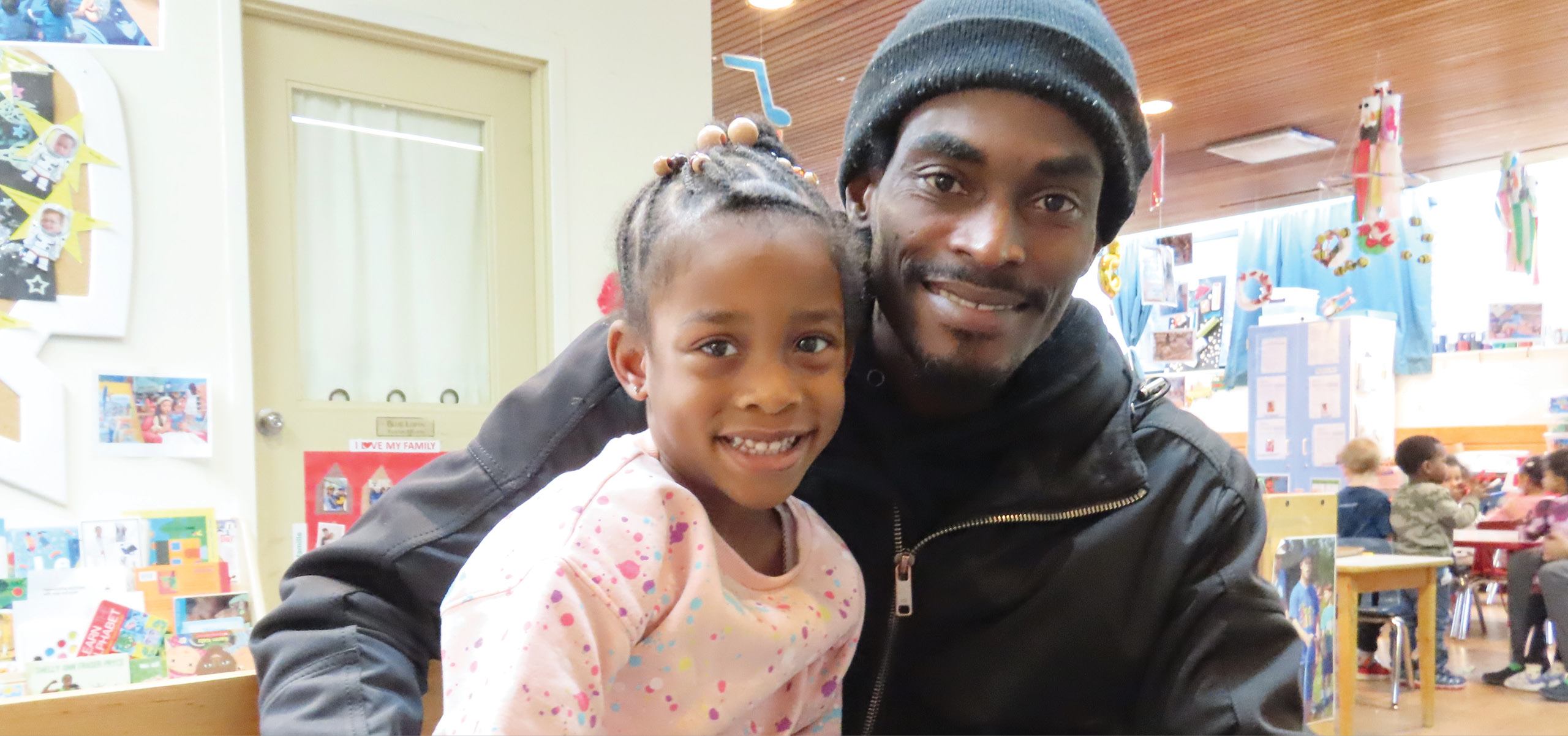Our plan to help end chronic and
long-term poverty
YSM provides adults, youth, and families with tailored support through our RISE – Respond, Invite, Support, Engage – Model of Care.
R

Respond
YSM provides no-cost, low barrier access to urgent support services, including meals, Food Bank, warm clothing, hygiene kits, walk-in counselling, emergency mental health interventions, and emergency housing support – all in a welcoming and inclusive environment.
I

Invite
Aimed at gently encouraging individuals in crisis to engage more deeply in our programs and services through relationship and trust building, YSM offers workshops and programs on mental health, addictions and anger management, financial literacy, goal setting, self-esteem, collaboration and teamwork, establishing boundaries, and more.
S

Support
When ready, wrap-around care management is available for individuals and families longing to overcome the barriers keeping them in crisis. Our program includes the creation of a learning plan, introduction to a mentor, goal setting and specific “hard skills” training to achieve those goals, employment readiness, and more.
E

Engage
Once stabilized, we invite community members to step out into their local areas of influence by entering the workforce, securing stable housing, and volunteering in the community, becoming community influencers, leaders and mentors for others in need.
Frequently asked questions
What do you mean by long-term poverty?
We also refer to chronic or generational poverty; long-term poverty is defined as a state of poverty experienced over an extended period of time.
What is YSM's theory of change?
YSM employs three levels of poverty interventions to deliver sustainable changes in people’s lives and the communities in which they live. We change lives by providing relief services and a pathway that leads individuals and families to transition from merely surviving, to thriving.
We also work at the community level, identifying local leaders to become the architects and drivers of change in their neighbourhoods, creating safety, cohesion and opportunities for civic engagement. Finally, as YSM actively does this work in the community, we identify systemic barriers which are keeping people trapped in poverty, to work toward vitally needed changes to improve life circumstances for all people experiencing poverty in our city, to transform Toronto.
How does YSM measure the impact of its work?
YSM developed a unique proprietary measurement and evaluation tool called TIMES™.
Structured using a customized version of the Salesforce CRM platform, we use this tool to determine our areas of our work which produce the greatest impact in the lives and communities of those we serve. Learn more here.
What are the three populations YSM serves?
YSM serves families in need, individuals experiencing long-term poverty in Toronto’s Regent Park area and vulnerable youth aged 16–29.
What is community development?
The United Nations broadly defines community development as “a process where community members come together to take collective action and generate solutions to common problems”. At YSM, it is a key component of our ongoing work toward achieving our goal to end long-term poverty in Toronto. Read more here.
What are your highest priority funding needs?
YSM operates 5 days a week year-round, employing 150 full- and part-time employees who directly serve our community, out of 5 program buildings. Our highest priority needs include our Food Bank, health and wellness programs, individual support programs and our work in the community. Read about our key programs and services here.
Do you really think you can end long-term poverty in Toronto?
Yes! We believe if we combine our collective resources and wisdom, together we can reach our goal of ending long-term poverty in this generation. We understand poverty. It includes providing support and services to make it possible for individuals, families and communities to advance in a positive direction. It also involves empowering neighbours to take action while working together. Finally, by advocating for changes aimed at identifying and eliminating the systemic barriers holding people back, we can help neighbours rise out of poverty.
What progress have you made toward eliminating the long-term experience of poverty in Toronto?
Our goal to end long-term poverty in Toronto is supported by a 20-year strategic plan which is now in its 8th year. Read more about our progress here.

